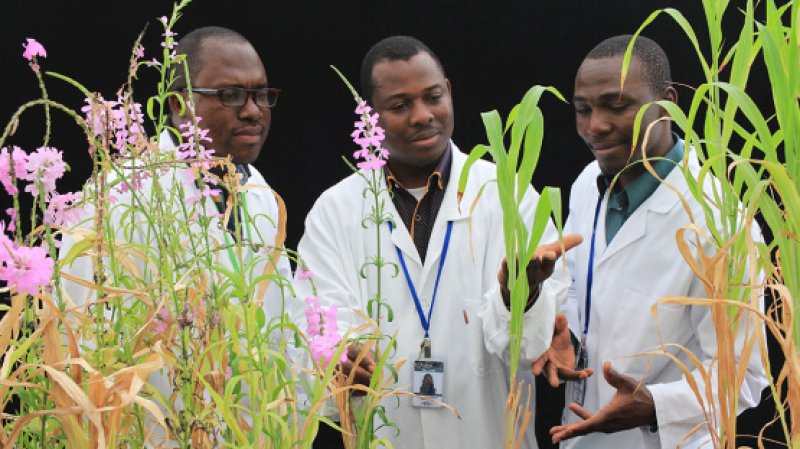Sustainable intensification of agriculture in Africa is essential for accomplishing food and nutritional security and addressing the rising concerns of climate change. There is an urgent need to close the yield gap in staple crops and enhance food production to feed the growing population.
In order to meet the increasing demand for food, more efficient approaches to produce food are needed. All the tools available in the toolbox, including modern biotechnology and traditional, need to be applied for crop improvement. The full potential of new breeding tools such as genome editing needs to be exploited in addition to conventional technologies.
Sustainable intensification of farming systems in developing countries, particularly in Africa, is essential to meet this growing global food demand (Tilman et al., 2011). Sustainable intensification of crop productivity requires agriculture innovation. There is an urgency to close the yield gap in staple crops and enhance food production to feed the world (Pixley et al., 2019).
…
In summary, CRISPR-mediated editing has the potential to improve crops with disease resistance, abiotic stress tolerance and improved nutritional content. Several products, such as disease-resistant banana, MLN-resistant maize, and Striga-resistant sorghum, are in the pipeline and closer to being ready for release in Africa.































